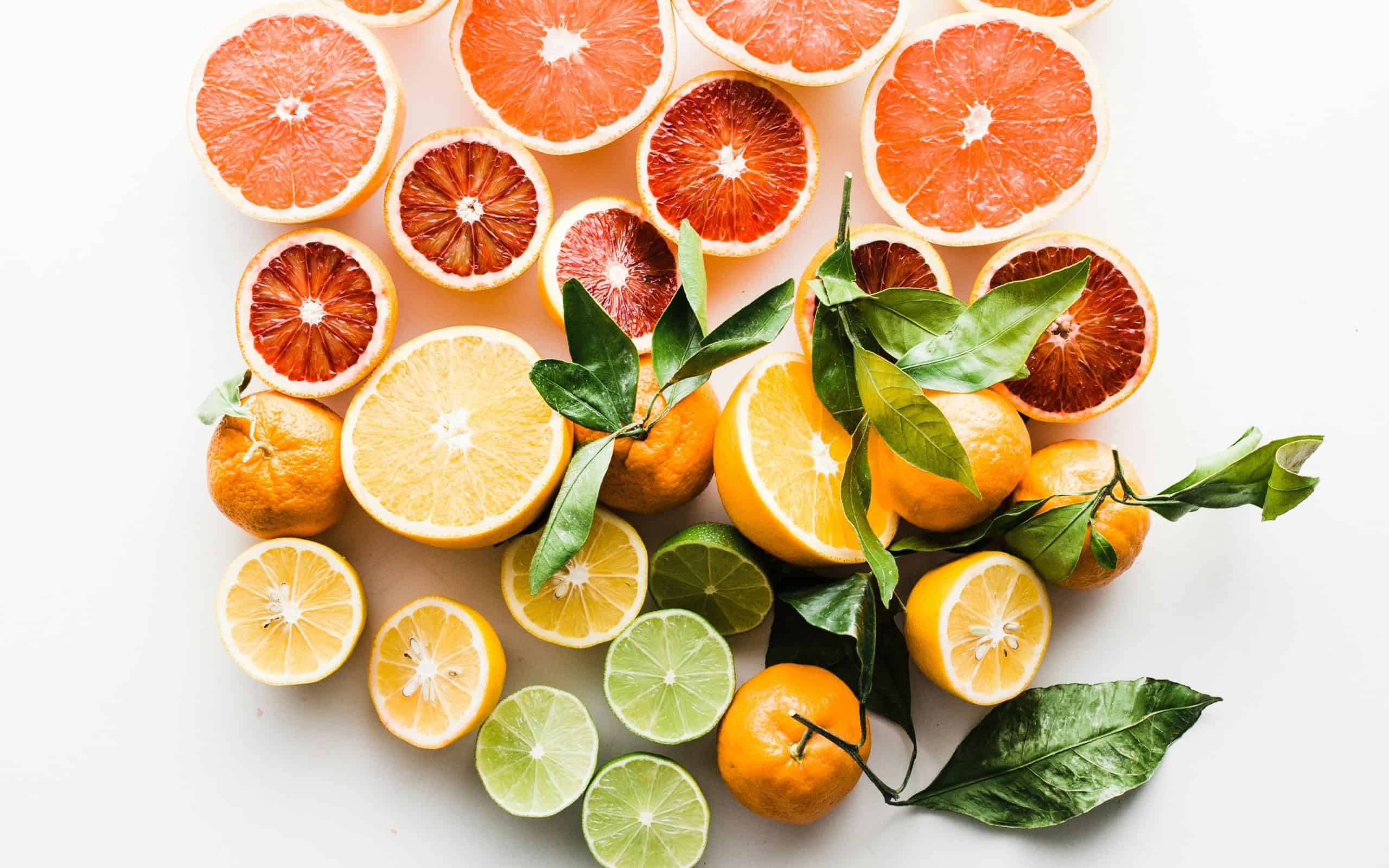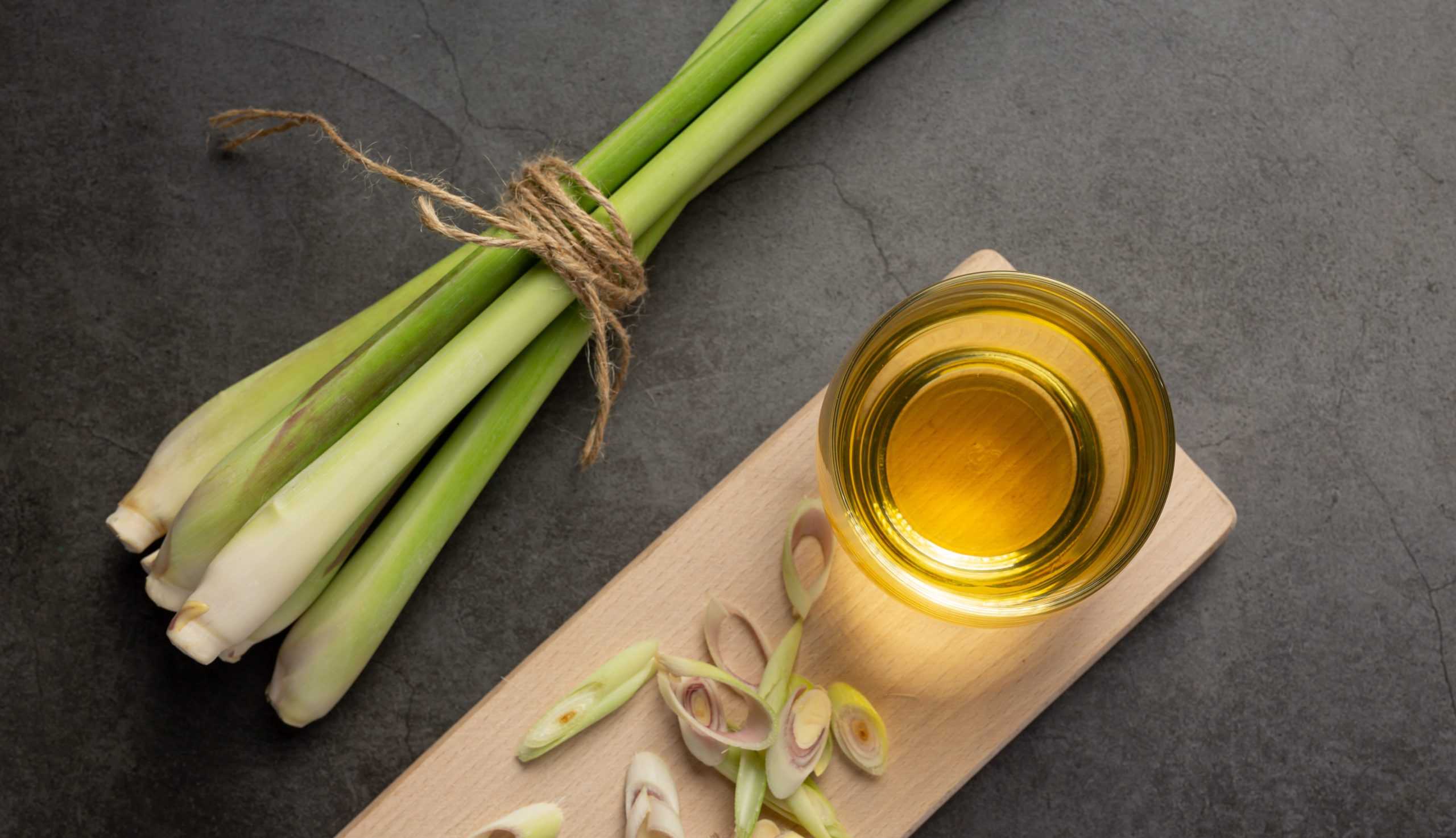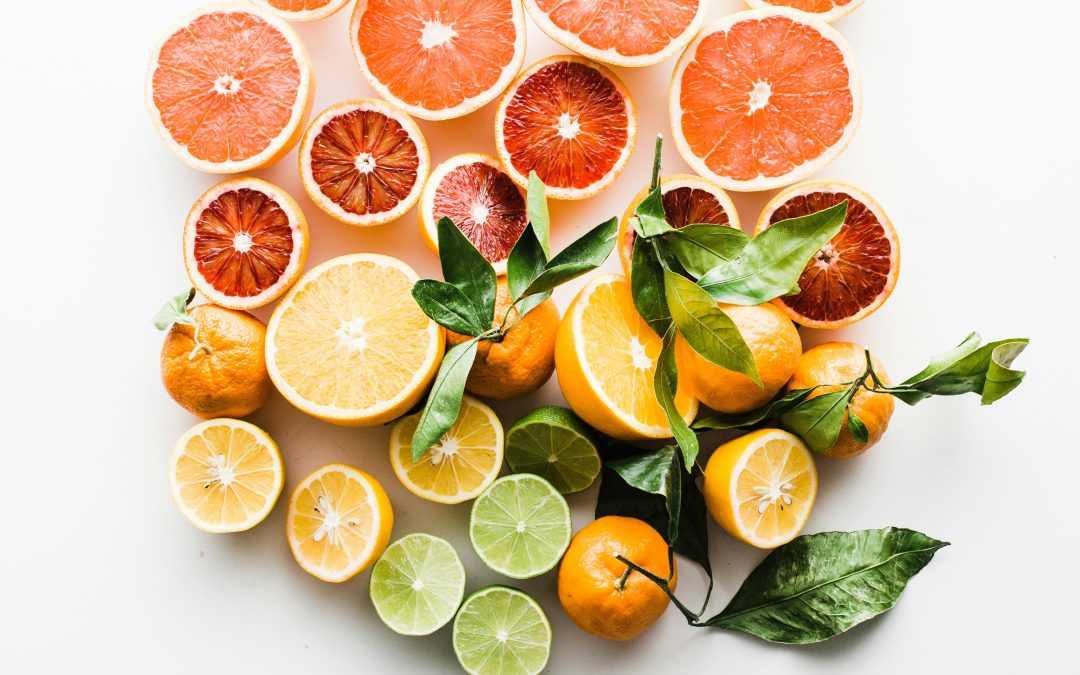
The changing of the seasons often comes with a shift in food choices. Certain dishes and drinks become available only at certain times of the year. Just like snow in winter, dry yet colorful leaves in autumn, and new growth in springtime, there is a tendency to lean toward particular taste profiles as our surroundings or climates change. Our food inclinations are also largely dependent on what ingredients are on hand.
Because food trade across the globe has become more accessible, waiting for a particular food ingredient to become in season is really no longer a major issue for consumers. Reports from the U.S. Department of Agriculture show fruits and nuts as major food imports, second to processed sugar variants as of 2022. Additionally, countries across Europe and the Middle East continue to open their taste palates to other types of food. This includes incorporating unique food and ingredients in place of their standard fare. Interspersed with cultural practices and the current food dynamic, it is no wonder that natural food is taking center stage.

In many international trade fairs, like Gulfood in Dubai, exporters of Halal-certified products often include various fruits, such as bananas, pineapples, mangoes, and calamansi. One of the top five food crops grown in the Philippines, the calamansi (Citrofotunella microcarpa) is the go-to citrus fruit that grows year-round in the country, and has also been identified for its potential to reap huge rewards for the export trade industry.
Calamansi’s unique taste and multi-functional properties are an ideal match to growing demand for conscious nutrition across the globe. With uses ranging from the food, skincare, to natural cleaning solutions, the calamansi is believed to originate from Hainan Island, China, and grows in other Asian countries. More importantly, this natural vitamin C wellspring continues to grow in popularity among health advocates as a sustainable source of natural goodness, including essential oils containing terpenes.

According to research funded by Konkuk University on antioxidant compounds in citrus fruits, terpenes are natural chemical compounds in the oils that are extracted from the citrus peels or rinds. Responsible for the aromatic properties that promote mental and physical wellness in today’s aromatherapy and beauty products, different types of terpenes are being further analyzed for their potential to prevent life-threatening diseases. A type of terpene, limonene is most found in citrus fruits, and has been studied countless times for its variety of health benefits. Aside from offering digestive protection, it also provides anti-inflammatory, antioxidant, and anti-cancer effects, among others.
Efforts to revitalize calamansi production are being undertaken in the Philippines toward more sustainable methods, and as aid to curbing crop diseases affecting propagation. Oriental Mindoro is considered the country’s calamansi “king” given that among the producing provinces comprising the Southern Tagalog region or MIMAROPA, it provides over 95% of the total output from the region. The MIMAROPA is made up of the provinces of Mindoro Occidental, Mindoro Oriental, Marinduque, Romblon, and Palawan, respectively. The region is responsible for more than half the country’s total calamansi supply.
And as far as current demands go, the calamansi or Philippine lime, ranks high on the list of functional food with its host of health benefits. Aside from its fresh fruit form, one can find calamansi extracts, concentrates, juices, and powders conveniently bottled or packed in resealable containers in food markets. Calamansi’s versatility in the kitchen also intersects with consumers searching for food options that bring more to the table before becoming food waste. Pectin, a soluble fiber processed from the spent peels, pulp, and seeds of calamansi is what helps jellify marmalades when boiled with sugar and water.
 Photo credit: Jcomp on Freepik
Photo credit: Jcomp on Freepik
Lemony scents are also found in plants, such as lemongrass. Though not a citrus fruit, it contains chemical compounds that produce similar citrus profiles. Its antimicrobial properties also make this plant a popular element in recovery food, whether used fresh, dried, or in powder form.
The upcoming IFEX Philippines 2024 at the World Trade Center Metro Manila in Pasay City, Philippines from May 10-12, 2024 is the perfect place to discover the versatility of calamansi and other healthy and convenient flavors and ingredients.
Visit IFEXConnect.com to know more about this year’s participating exhibitors and their product offerings, as well as how to be part of this salu-salo.


Recent Comments